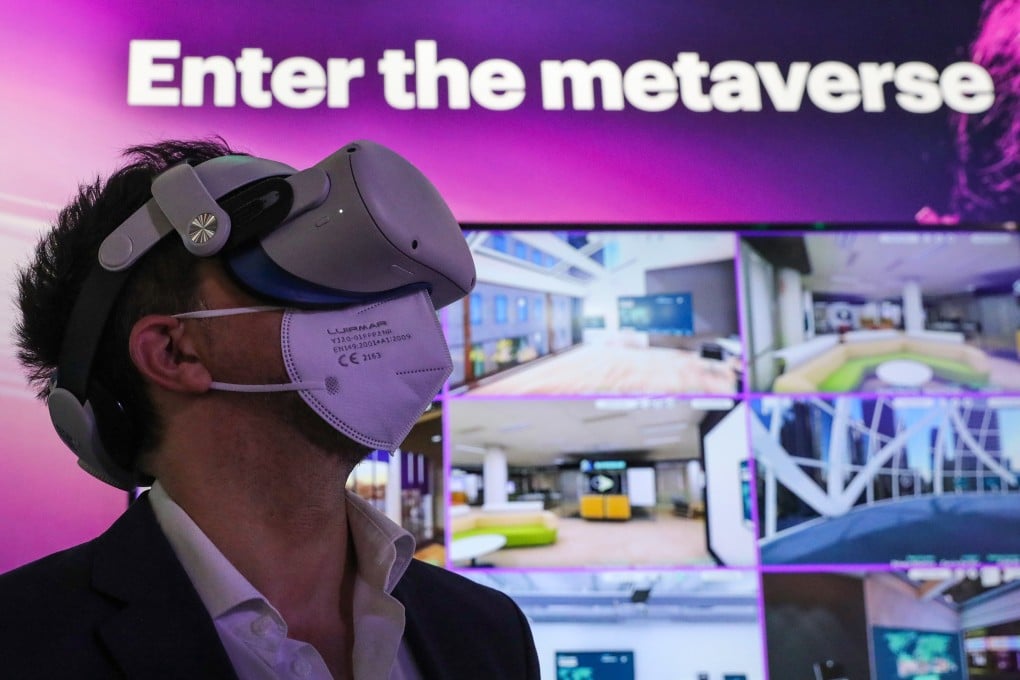China’s state-backed metaverse committee aims to help industry join the ‘racetrack of the digital economy’
- The state-backed China Computer Industry Association says it created a metaverse committee to help fund start-ups and draft industry standards
- Multiple city governments have announced plans to help develop the metaverse over the next five years, despite warnings in state media about market ‘mania’

The computer association, which is supervised by the Ministry of Industry and Information Technology (MIIT), created the Metaverse Industry Professional Committee to help members join “the new racetrack of the digital economy, and to lead the healthy and orderly development of the metaverse industry”, the group said in a statement.
“[Competition in the] internet sector has come to a new stage, and we are going to embrace the fourth generation of the internet, which will be the age of the metaverse,” said Luo Jun, the committee’s secretary general, at the group's inaugural meeting online, which was attended by about 170 scientists, company representatives and journalists.
The new committee comes as Chinese businesses and governmental agencies rush to embrace the concept of a shared virtual world considered by some to be the next iteration of the internet, despite there being no clear commercial applications yet.
The goals of the Beijing-based committee include drafting industry standards, helping relevant authorities create industry road maps, setting up a fund of 1 billion yuan (US$148.7 million) to support start-ups and expanding the metaverse into manufacturing, commerce, tourism, healthcare and education.
“The metaverse is the internet that has developed into a new infrastructure for a new social and economic pattern in the future. It goes far beyond just virtual reality,” said Guo Yike, who serves as president of the new committee and is also vice-president of Hong Kong Baptist University.
The organisation has also sought international cooperation, despite challenges from the soured US-China relationship in recent years. Honorary committee presidents include Stanford University professor Arogyaswami Paulraj, known for his work in wireless communications, and Joseph Sifakis, a Greek-French computer scientist who shared the 2007 Turing Award with two others for work in computer model checking.